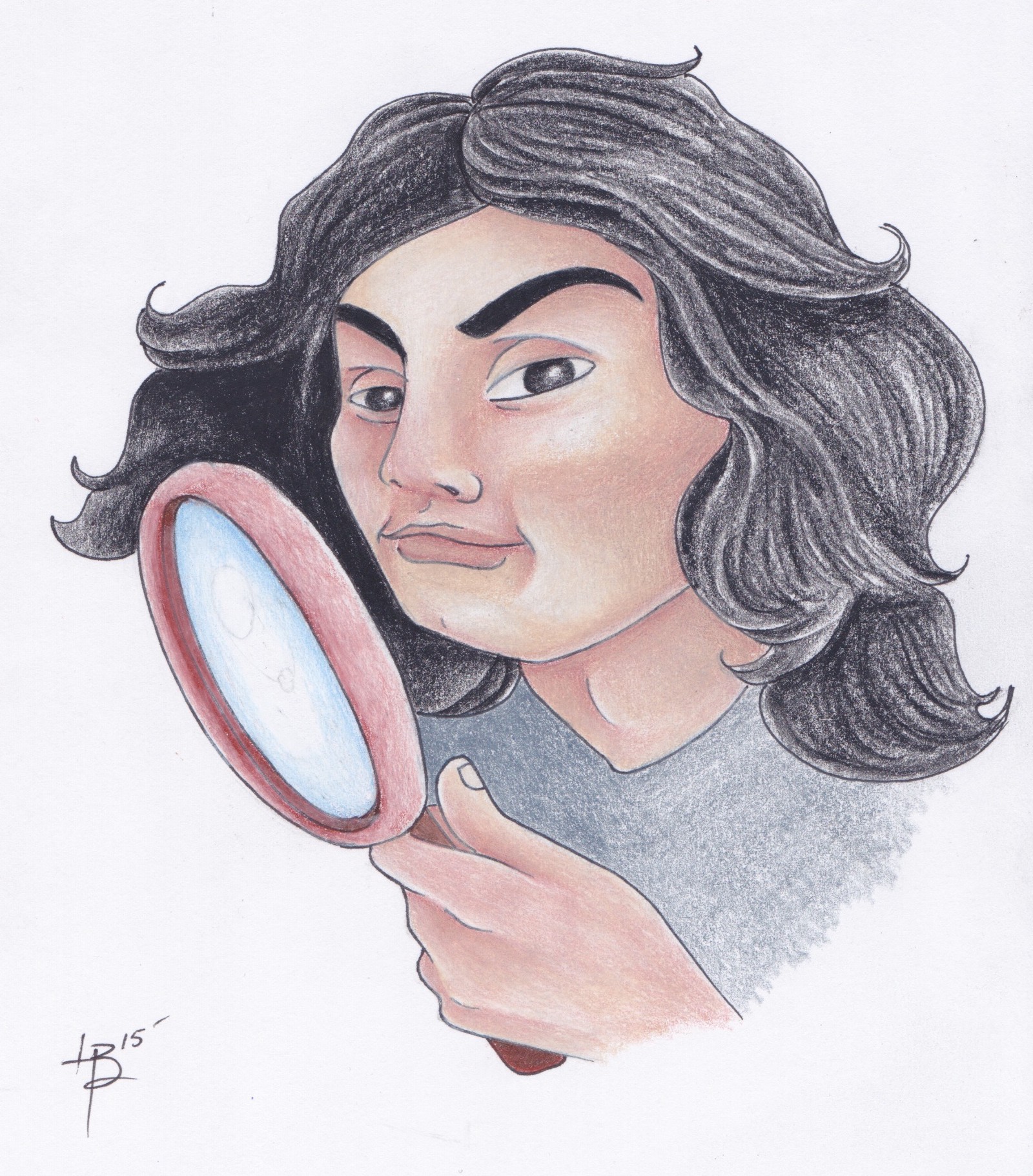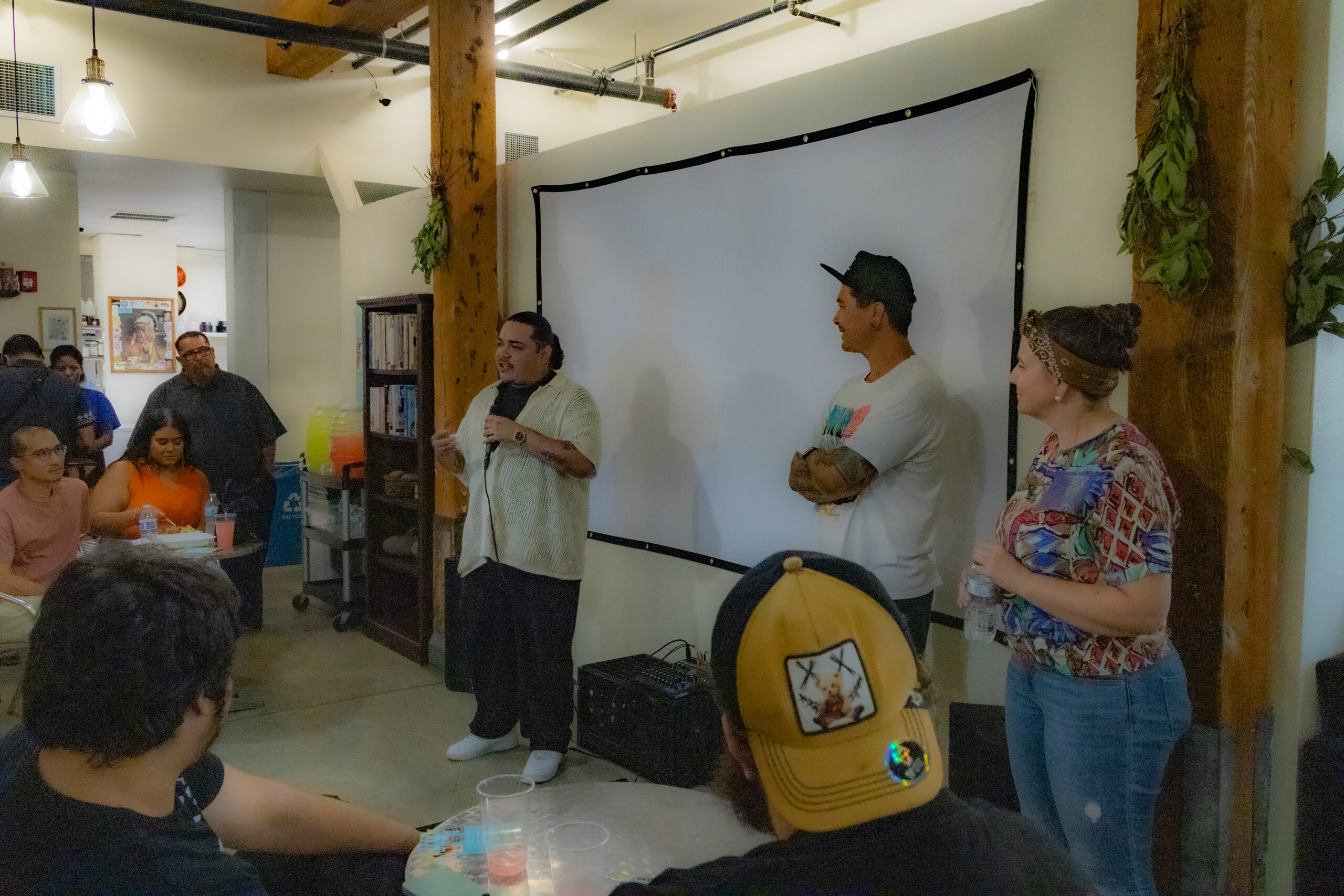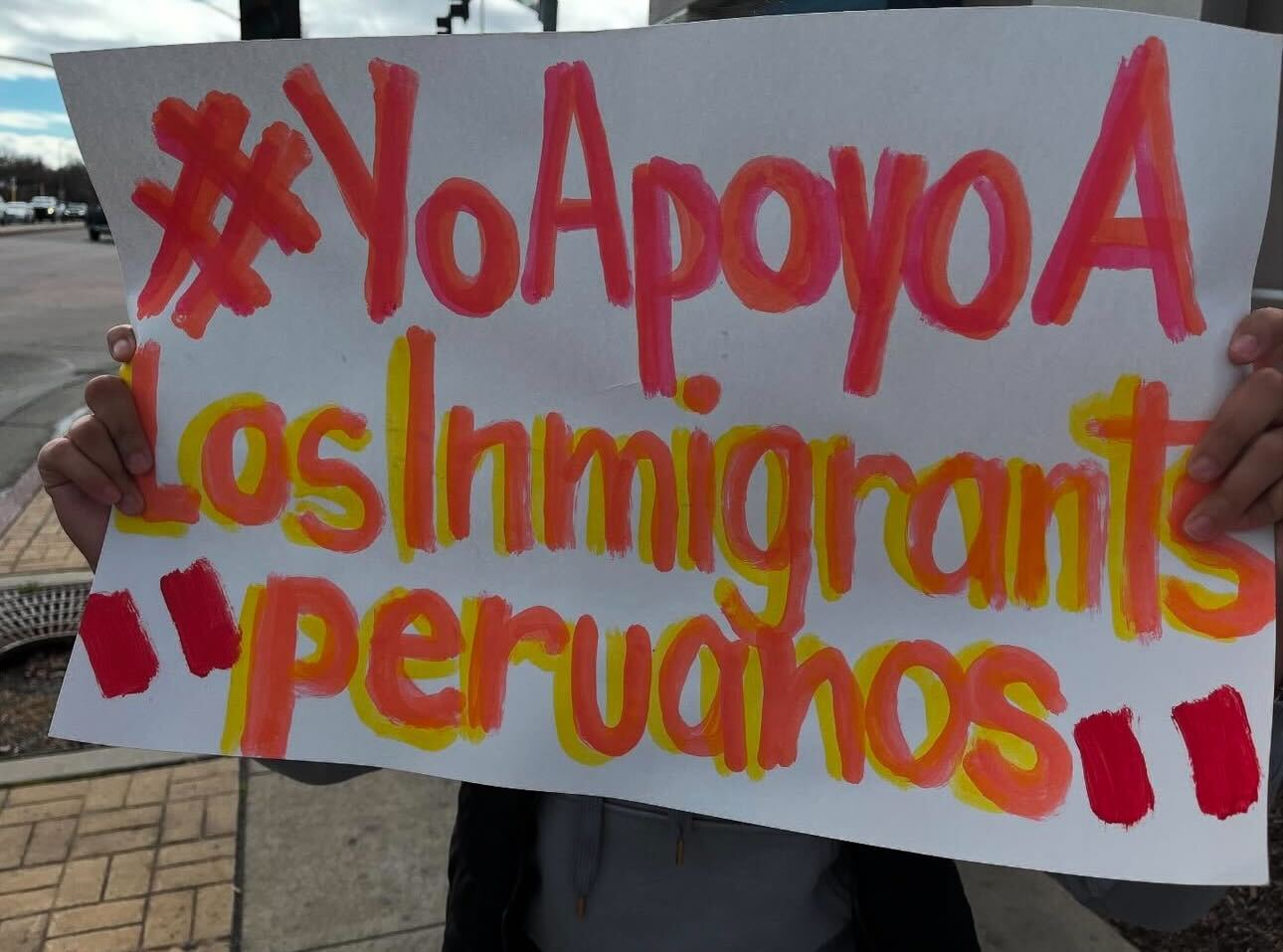
I was home-schooled from preschool until 8th grade, and my parents home-schooled both my siblings before me all the way through high school. I’m here to tell you about the myths and stereotypes I’ve heard both in person and on the internet, as I’ve transitioned from home school to a public charter school. Stereotypes of any type can harm and dehumanize a group. These beliefs can be very hurtful for young people who don’t attend mainstream schools. That’s why I’m here, to clear up the water, and show you that these five stereotypes are wrong.
1 — “Home-schoolers Don’t Have Friends”
Most modern home-schoolers are part of a home-school group. In Fresno alone there are nine large home schooling groups including Tower Christian, Christian Home Educators of the Fresno Area (CHEFA), Fresno and Madera Homeschoolers (FMH), and many more. These groups give homeschooled students plenty of time for social interaction via outsourced classes, group study sessions, sports, extracurricular activities and scheduled events. Just like with any other child or young adult, this kind of social learning setting results in friendships.
2 — “Home-schoolers Are Either Anti-Religion or Are Religious Extremists”
Polls by the Pew Research Center have found 70.6% of U.S. citizens as religious, while the U.S. Department of Education found only 60% of home-schoolers as religious, meaning that the these families are actually less religious from the general population. Although religion may influence why a parent would choose to home-school their children, it is far from the only deciding factor.
3 — “All Home Schooling Families Have 18+ Kids”
The stereotype of a large family of home-schooled children is far from factual, even though home schooling families are slightly larger than non-home schooling families. The negative stereotype is perpetuated by reality shows like “19 Kids and Counting,” which follows a Christian family of home-schooled children. According to the Coalition for Responsible Home Education there actually is a difference in family size: 60% of homeschooling families have 3 or more children, as opposed to 30% for public or private school families. According to Home School Legal Defense Association, only 33.5% of homeschooling families have four or more children, and 28.6% have three. This shows why the stereotype is so widespread; it’s true that home schooling families are larger, but not as large as the stereotype suggests. Either way it is unfair to judge or jump to conclusions about large families who home school their children.
4 — “Home-schoolers Are Overly Sheltered”
In my experience, most home-school families will expose their children to all types of people and educate them on various worldviews. Although the stereotype of a child being kept behind locked doors is a common one, it’s simply untrue. Regardless of the parent’s views, a proper home-schooling environment allows students to learn about different philosophies and viewpoints in an unbiased way.
“I play sports at a private school, I have friends that go to public schools, I go to youth groups…so I have a normal social life,” says Fresno home-schooler Aaron Browatzke, 15. “The only difference is where I do school.”
5 — “Home-schoolers Have Little To No Work”
Rarely do home-schooled children get to just sit and play video games all day. In my experience, many home-schooled children are more dedicated to their work than other students and are sometimes held to much higher expectations from their peers, parents, and mentors.
Grace Atkins, 14, takes offense to this stereotype. “[People] should try and understand what we do before proclaiming that we are ill-educated,” she says.
Instead of focusing on simply memorizing facts for a standardized test, the home-schooling environment commonly focuses more on the practical applications of knowledge. In the best cases, home-schooled students learn how to think, not just what to think.


